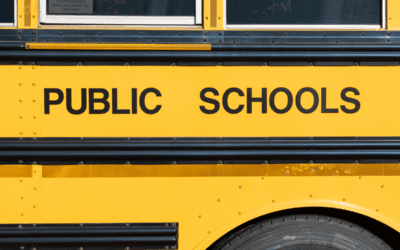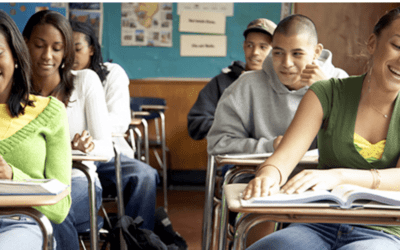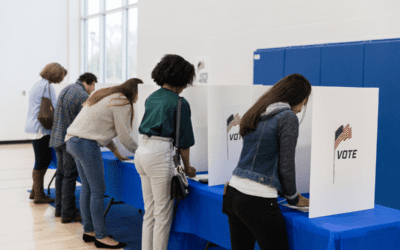
#image_title
Evers’ call to help farmers is silently answered by GOP leaders
The Republican leaders of the Senate and Assembly took action Tuesday on Gov. Tony Evers’ request for a special session to address rural issues and agriculture by quietly gaveling it in, a ceremonial move that allows the roughly $8.5 million package of bills to advance to committees.
Shortly after the special session officially began, ranking Democrats on the Legislative agricultural committees expressed support for the move and encouraged lawmakers to stay in session until April if necessary to address issues plaguing rural Wisconsin.
“I’m paid to be here until April 15,” said Rep. Dave Considine, D-Baraboo, referring to the last regularly scheduled floor period of 2020 for the Assembly. “It is our choice to be here. We should be here and willing to work on this.”
Evers called for the session during last week’s State of the State address. He acknowledged that while Wisconsin is known as the “Dairy State,” the state is losing two dairy farms a day. Between 2011 and 2018, Wisconsin lost about one-third of its dairy farms and led the nation in farm bankruptcies.
This special session did not suffer the same quick rejection as the one Evers sought on gun safety. Instead, Speaker Robin Vos, R-Rochester, says both parties will have input on addressing problems faced by farmers and rural businesses.
In November, Vos and Senate Majority Leader Scott Fitzgerald, R-Juneau, answered the governor’s special session call on guns by gaveling the session in and out in under a minute.
“There are certainly things that we can work together on,” Vos said Monday during an interview on Wisconsin Public Radio. “There could be some good ideas in there (the Evers proposals), but frankly our members just have to take the time to talk to folks in their districts and actually understand what’s in the policies. From first blush, there are some good ideas in there, but it’s an awful lot of rehashing ideas he had in the budget last year which really just expanded the bureaucracy in Madison and added more state positions.”
Examples of those positions proposed by Evers include adding five people to provide mental health services for farmers, add 20 experts at UW-Madison to provide free research and technical assistance to farmers, and create a blue ribbon commission to brainstorm other solutions to major challenges facing rural communities.
The governor’s rural package comes with an estimated price tag of around $8.5 million, a cost that Vos said might actually be increased.
“I think it’s probably too small,” he said.
When asked for ideas he thought would further help farmers in the near-term, Vos put forth two proposals that would further reduce state and local revenue: a tax deduction on health insurance premiums for farmers, and cutting property taxes.

Opinion: Many to thank in fair maps victory for Wisconsinites
On February 19, 2024, Governor Tony Evers signed into law new and fair state legislative maps, bringing hope for an end to over a decade of...

Opinion: Empowering educators: A call for negotiation rights in Wisconsin
This week marks “Public Schools Week,” highlighting the dedication of teachers, paras, custodians, secretaries and others who collaborate with...

Op-ed: Trump’s journey from hosting The Apprentice to being the biggest loser
Leading up to the 2016 election, Donald Trump crafted an image of himself as a successful businessman and a winner. But in reality, Trump has a long...

Not just abortion: IVF ruling next phase in the right’s war on reproductive freedom
Nearly two years after the US Supreme Court overturned Roe v. Wade, another court is using that ruling to go after one of the anti-abortion right’s...




